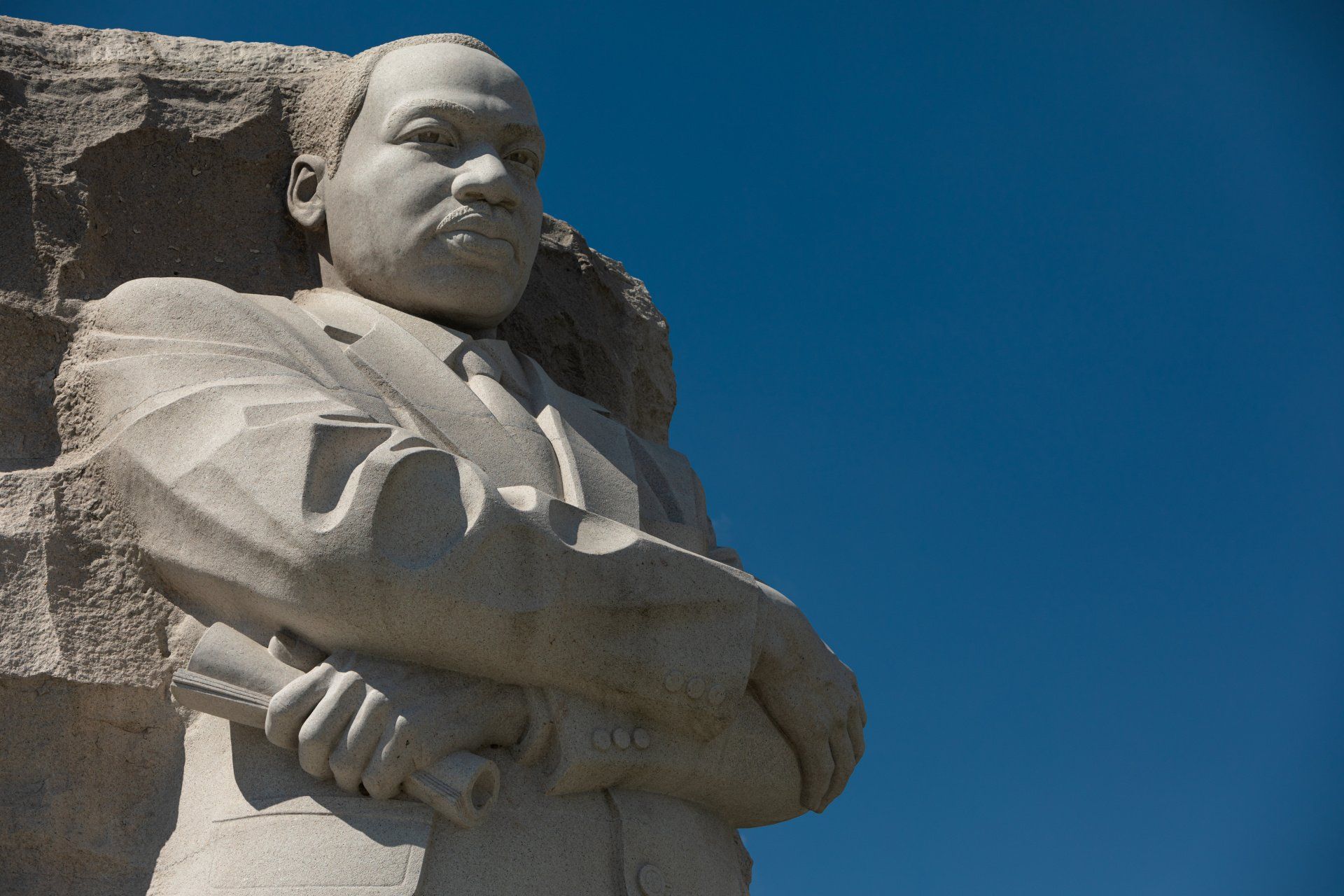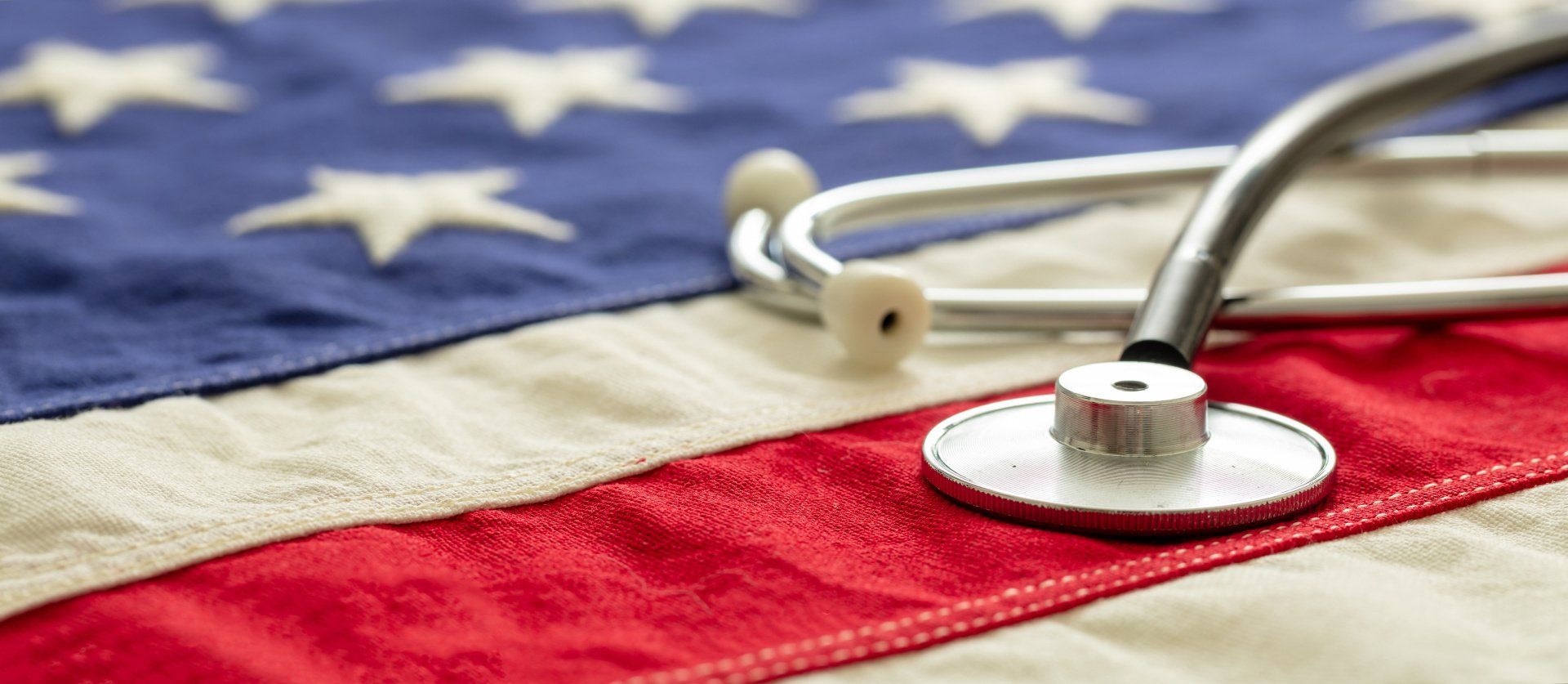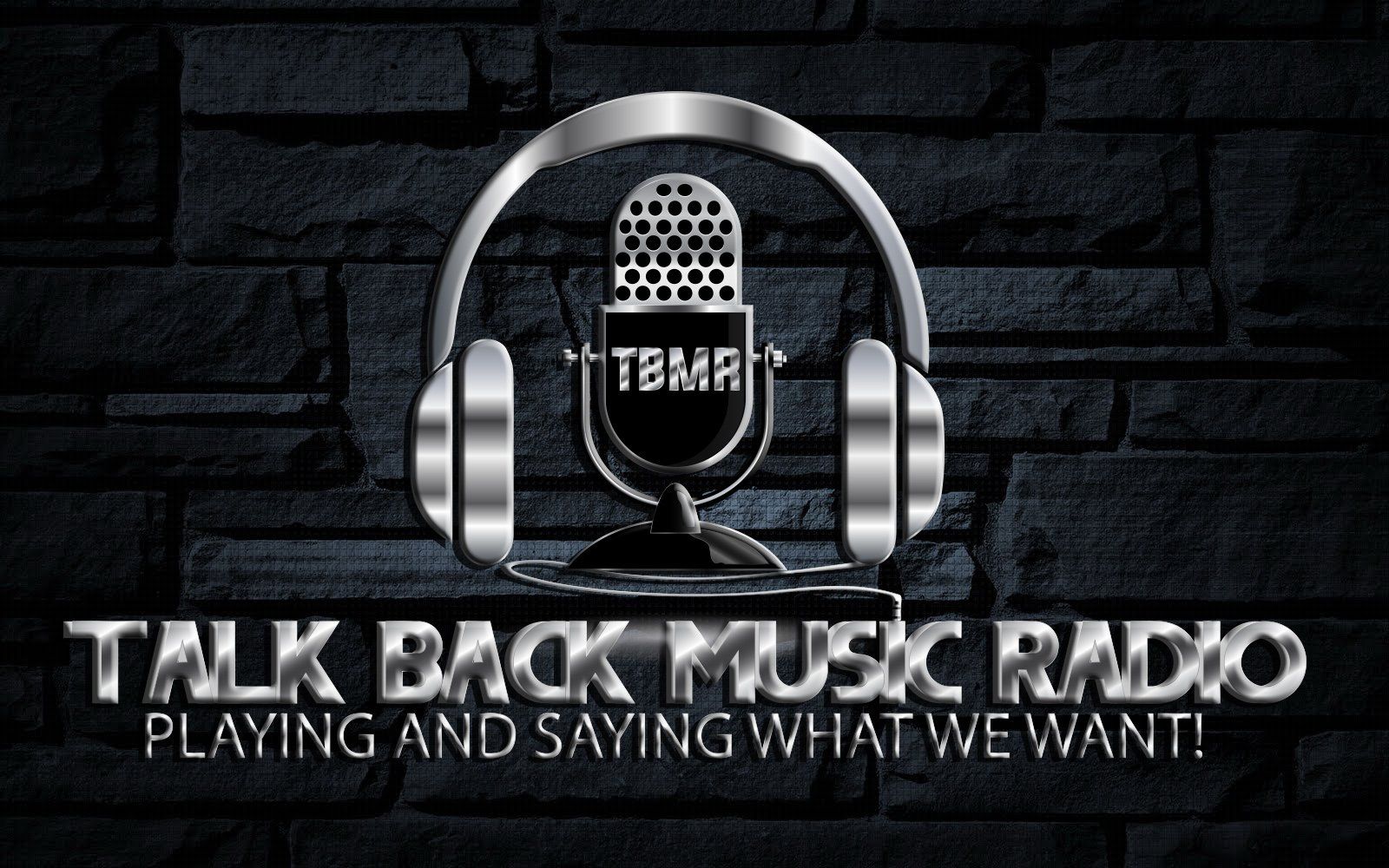Blog Layout
Sick of Being Sick?
Mar 03, 2021
The covid crisis has prompted a call for a new normal. How can we get back to doing the things that we used to do but for minor adjustments to accommodate protections against a new virus? That mindset extends to another tragic circumstance in America. It has been reported that over 150 proposals to restrict voting rights have been initiated in legislative bodies across the country since November 2020. The purge of voter participation continues to be the number one scourge in America.
Irrespective of the malady, healthcare providers tell us that they ask two questions when they look into their patients’ eyes -- Is there a cure? Or is there an effective treatment to administer? A cure means that after medical treatment, the patient no longer has the particular condition anymore. And for those maladies for which there is no cure, treatment means that the condition can be managed or controlled even though it never really goes away.
The disease of voter suppression runs rampant in America.
The doctors of the American Constitution anticipated that to cure us of this disease we would have to be fully engaged patients. The cure requires a diverse treatment strategy.
First, we require therapy.
A little cognitive behavioral therapy is needed to help the electorate break itself from the habit of apathy. A little acceptance and commitment therapy is needed to suppress the anxieties that come with not always getting what you want when you want it because political engagement is a process not a one time event. A little psychoanalysis is needed to delve deeper into the voter psyche to better understand our true motivation and thus that which will make us perform more effectively as communities. A little psychodynamic therapy is needed to help examine how our past experiences and relationships have contributed to our present circumstances and how subconscious factors affect the way we interact with others.
Second, we require medicine.
Be it injected or digested, the American electorate needs to be put on the track toward a cure, cessation or prevention of the voter suppression disease. However, I am not confident that any chemical or compound can solve the problem. What we really need is the third treatment option.
Our public policy hierarchy is in dire need of surgery.
The purveyors of privilege must be identified and removed from the public policy creation process. Vote them out while you can because the longer you wait, the narrower the opportunity to do so will become under their watch.
Ironically, the cost of medical treatment is no less expensive when administered in the political arena as it is when administered by a physician. The success of Stacy Abrams in Georgia was not a fluke. It was the culmination of at least two years of on the ground, door to door, people to people engagement; and not just with volunteers but with meaningful resources. Resources in the hands of block captains, precinct captains, district directors, county directors, regional coordinators and state officers. Anything less than that for any time period less than that is smoke and mirrors. Anything less certainly would not be a cure and would be even less of an effective treatment.
The remedy to this malady is not found in consultants, pollsters, TV ads, text messages or emails.
The cure rests in empowering “we the people” NOW.
Share
Tweet
Share
Mail
Thoughts from Henry Lancaster II

02 Mar, 2022
There is a phrase I am sure many of you have heard at one time or another: “hope springs eternal.” Another way to put it is a famous literary query “if Winter comes, can Spring be far behind?” Sixty-five years ago this May 17th, na-tional civil rights leaders called for a rally on the steps of the Lincoln Memorial hoping to get the federal government to fulfill the promise of the Brown v. Board of Education decision with supporting enabling legislation (more specifi-cally the Civil Rights of 1957 which, by the way, was filibustered to defeat by Senator Strom Thurmond). A very young Martin Luther King, Jr. joined the litany of presenters that day as the last speaker. The very young King noted that the monumental Brown decision was met with opposition in open defiance from many states. One form of opposition he addressed was “all types of conniving methods that are still being used to prevent Negroes from becoming registered voters.” He stated that the “denial of this sacred right is the tragic be-trayal of the highest mandates of our democratic tradition.” The defenders of voting rights today echo the same message in their challenges to restrictions being legislated al-most daily across the country. Decades before King, American writer and bard, James Weldon Johnson, wrote about democracy in America stating that “[t]his country can have no more democracy than it accords and guaran-tees to the humblest and weakest citizen.” Both King and Johnson spoke of the fulfillment of the American govern-ance experiment as having to be inclusive and non-judgmental. They more than intimated that America cannot suc-ceed if it does not allow all its citizens to have a voice. King stated, “Give us the ballot, and we will no longer have to worry the federal government about our basic rights. Give us the ballot, and we will no longer plead to the federal government for passage of an anti-lynching law; we will by the power of our vote write the law on the statute books of the South and bring an end to the das-tardly acts of the hooded perpetrators of violence. Give us the ballot, and we will transform the salient misdeeds of bloodthirsty mobs into the calculated good deeds of orderly citizens. Give us the ballot, and we will fill our legislative halls with men of goodwill and send to the sacred halls of Congress men who will not sign a “Southern Manifesto” because of their devotion to the manifesto of justice. Give us the ballot, and we will place judges on the benches of the South who will do justly and love mercy, and we will place at the head of the southern states governors who will, who have felt not only the tang of the human, but the glow of the Divine.” Arguably, the United States Constitution was intended to be the beginning of a nation’s evolution not a marker in time to fit the interests of those “in charge” at the time. I say arguably because so many of the founding fathers and their successors were purveyors of our country’s original sin. Contradictions have ravaged our past. But over time however, amendments have been adopted to right the wayward ship. And it is those amendments that have ex-panded the nation’s contract with its citizens that all men are created equal and are endowed with inalienable rights to life, liberty, and the pursuit of happiness. Voter suppression is hands down a breach of that contract. If one’s Second Amendment right to bear arms is con-sidered untouchable so should be another’s right to participate in structuring their governance. That is, a voter has the right to enter a polling place with the expectation that their vote can and will make a difference. If that voter is left with the impression in any way that the exercise of the right is mathematically insignificant for any reason other than their inability to rally like minded voters, then a breach has occurred. A breach of that magnitude is un-American. If hope truly springs eternal, it is because each election season has meaning for more than a privileged few. (References to Dr. King can be found at the King Research and Education Institute at Stanford University)

